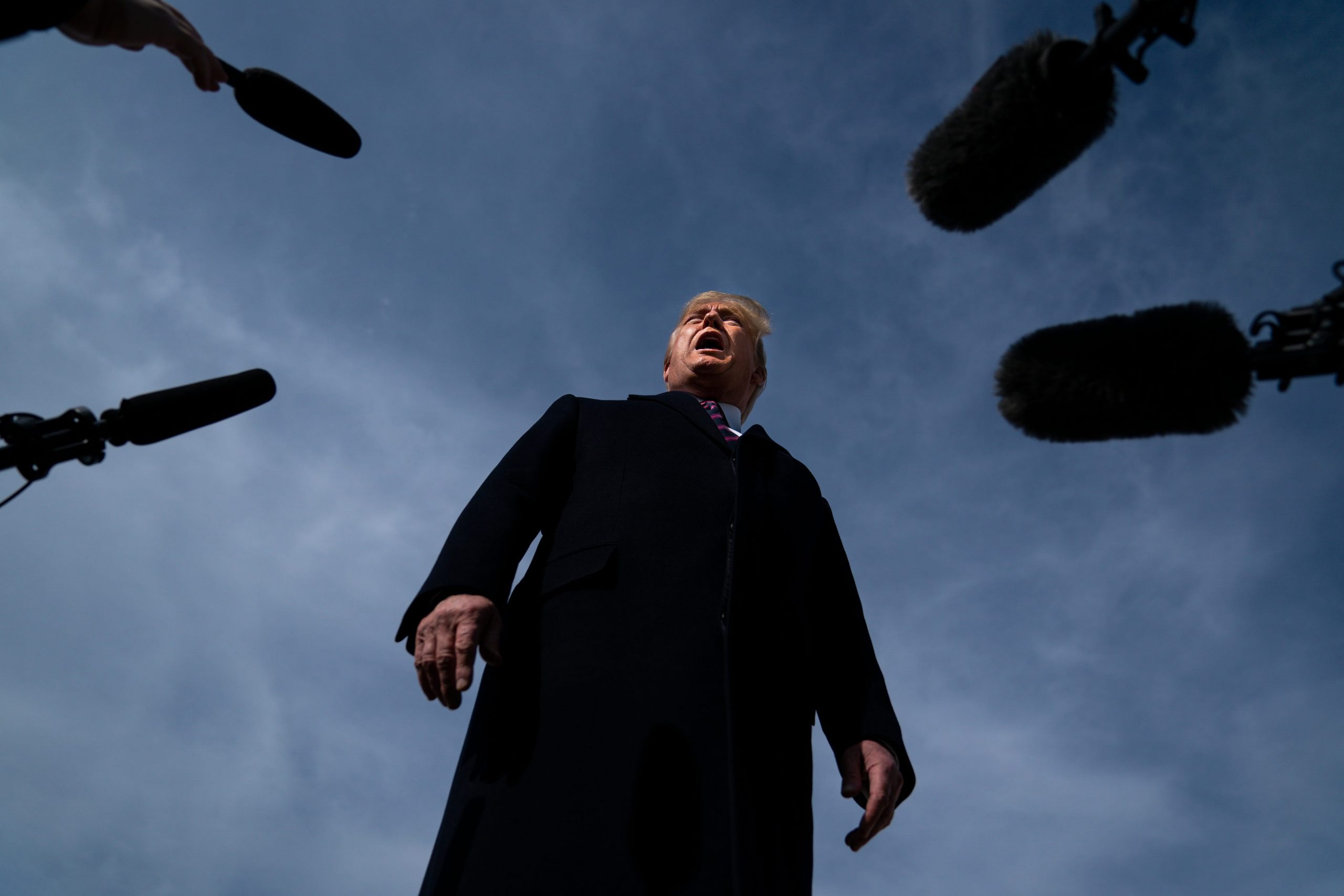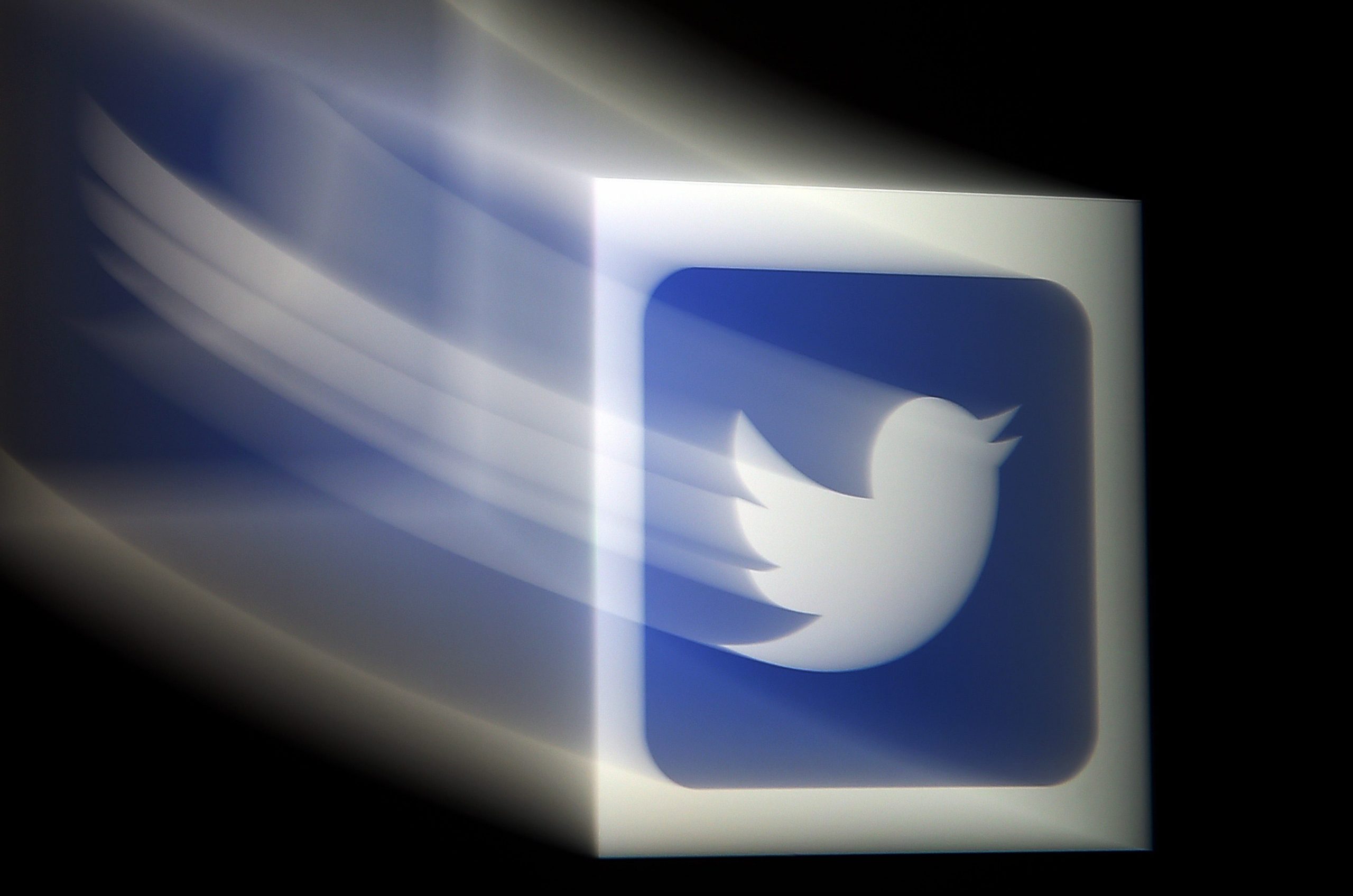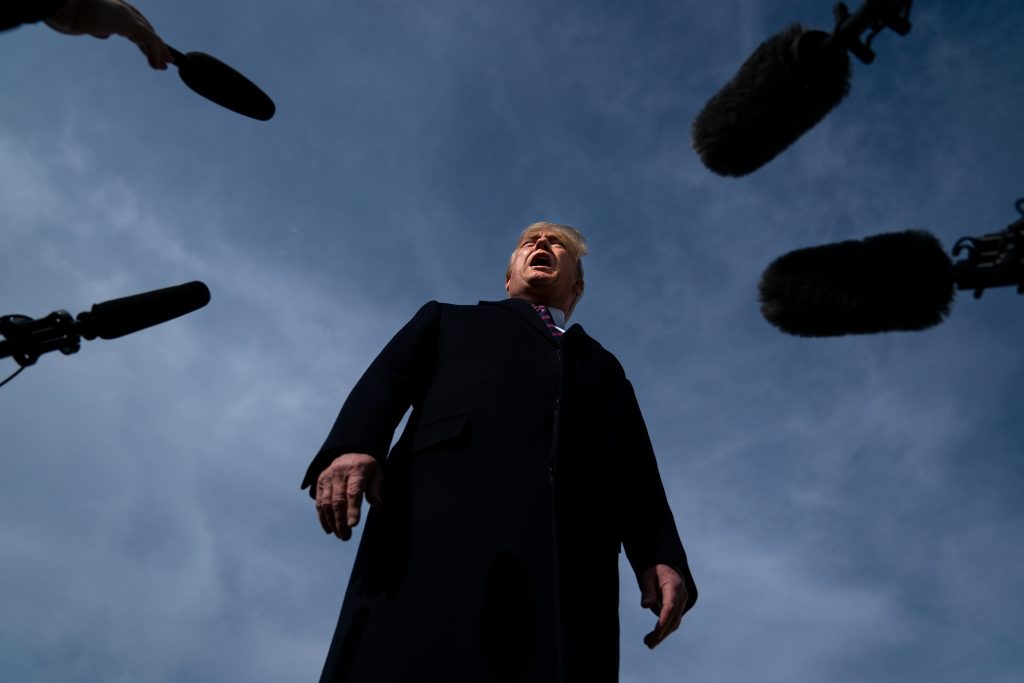
Evan Vucci/AP Photo
- Internal researchers said Twitter's algorithm showed bias toward right-wing politicians.
- Tweets from "accounts from the political right receive more algorithmic amplification," they said.
- The research, published Thursday, came as former President Donald Trump launched a competitor.
Twitter's algorithm amplifies right-wing political content more readily than similar left-wing content for users in the US and a handful of other countries.
Internal researchers at the San Francisco company studied the way Twitter's algorithm surfaced tweets from elected legislators in seven countries – Canada, France, Germany, Japan, Spain, the UK, and the US. The researchers looked at the content that popped up in the personalized timelines of about 2 million daily users.
"In six out of seven countries – all but Germany – Tweets posted by accounts from the political right receive more algorithmic amplification than the political left when studied as a group," Rumman Chowdhury, director of software engineering, and Luca Belli, staff machine learning researcher, wrote in a blog published on Thursday.
The research was published amid an ongoing conversation about how social media companies, including Facebook, can affect political discussion and election results in the US and elsewhere. It was also published just as former President Donald Trump, once Twitter's right-wing star, announced his own media company in an attempt to compete with Silicon Valley tech giants.
Twitter allows most users to choose between a chronological timeline and an algorithmic timeline. With the latter, the most visible tweets are decided by a combination of factors, including the types of accounts a user has chosen to follow.
The researchers said they found that tweets from all elected officials, regardless of their parties, were seen more often when users chose the algorithmic timeline option.
In separate findings, the group looked at media outlets in the US, which they lumped into political categories.

Olivier Douliery/AFP via Getty Images
"Right-leaning news outlets ... see greater algorithmic amplification on Twitter compared to left-leaning news outlets," they wrote.
The researchers stopped short of saying why, exactly, the right-wing content received greater amplification in users' personal timelines. But they said it could be that "different political parties pursue different strategies on Twitter."
"However, understanding the precise causal mechanism that drives amplification invites further study that we hope our work initiates," the researchers wrote in a discussion of their findings.
